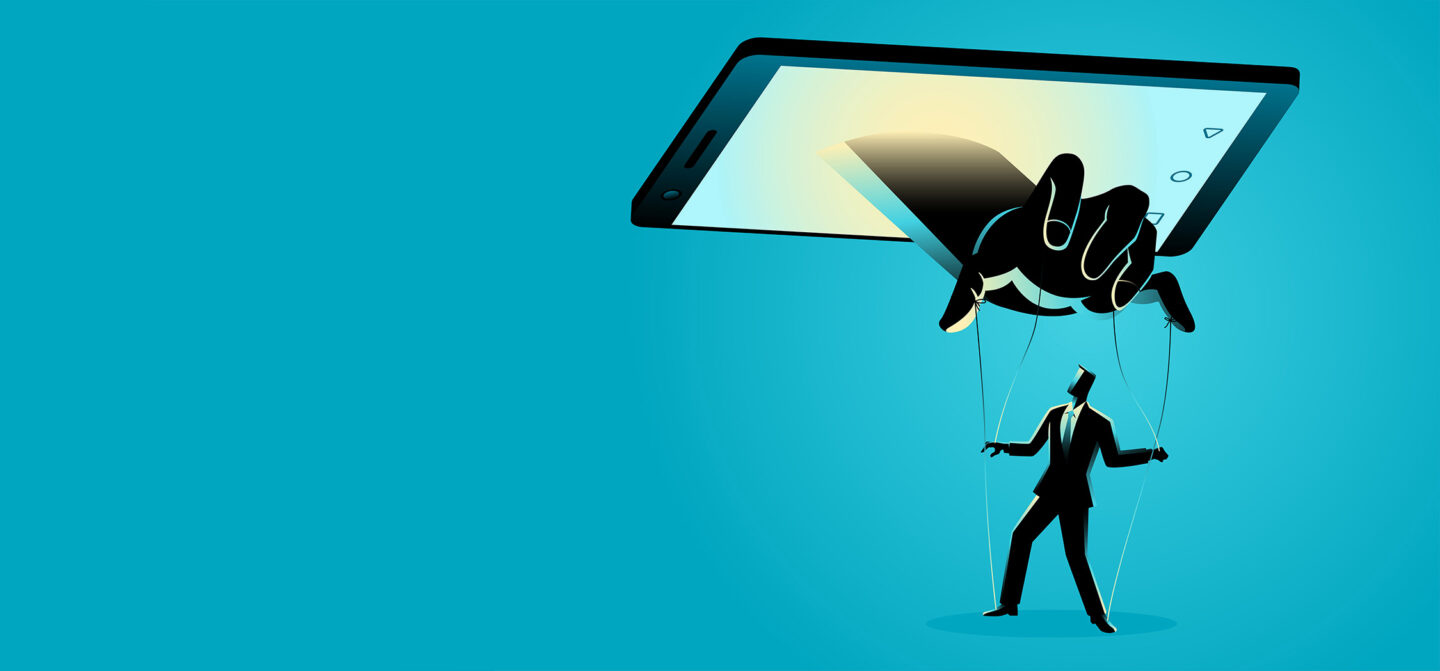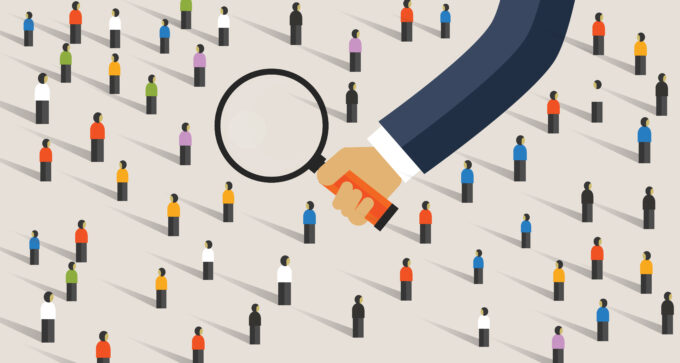
Why leaders should learn to value the boundary spanners
Entrepreneurial talent who work with other teams often run into trouble with their managers. Here are ways to get the most out of your ‘boundary spanners’...

by Alyson Meister, Nele Dael Published March 7, 2024 in Brain Circuits • 3 min read
First, notice how you think, feel, and behave when separated from your phone. Be honest with yourself. You might ask colleagues, friends, and family if they’ve noticed worrisome behavior patterns. If so, make a commitment to change.
Establish clear boundaries. Consider making meals and family gatherings phone-free or introducing a pre-bedtime hour away from your screen. Reduce notifications and put your phone away from your desk, dinner table, or bedside. Enforcing boundaries helps create a healthier balance between the benefits brought by your phone and other meaningful aspects of life. Like any habit, breaking it takes time and repetition.
Instead of avoiding difficult feelings, engage in alternative emotion and stress-regulation strategies. Resources to help you mentally detach from the demands of work and recover might include physical exercise, meditation, hobbies, building human relationships, and spending time in nature.

If you have outlined what works for you based on the previous three tips but find it hard to put your plan into action, it’s time to recruit help from others. Friends, family members, or health professionals can give you practical and emotional support to commit to your plan. Identify who in your network could be a helpful ally. If you feel shy or even ashamed to admit that you are struggling, please know that you are far from alone. Close peers are likely to respond positively to your request because showing vulnerability, although it takes courage, will foster bonding and forge connections. You might propose building a joint action plan and providing each other with mutual support. Apart from leveraging your existing social network, know that professional help is available, too. This can include cognitive behavioral therapy with a mental health professional who specializes in addiction or digital dependency. Workshops or support groups focused on managing digital consumption can also provide valuable tools and peer support.
How common is phone addiction? Too common, according to our recent study of 160 employees. We found:
Phones’ negative impacts – including feelings of stress – come less from the actual time spent on them and more from our experience of dependency and compulsion and the negative emotions that are wound up with them.
By recognizing a possible phone addiction, we can begin to redraw the boundaries and be more intentional about when we engage. This is not merely about cutting down screen time – it’s about reclaiming the human experience, rediscovering the joy of undistracted moments, and forging deeper, more meaningful connections in our personal and professional lives.

Professor of Leadership and Organizational Behavior at IMD
Alyson Meister is Professor of Leadership and Organizational Behavior and Director of the Future Leaders program and the Resilient Leadership Sprint, she is also co-director of the Change Management Program at IMD Business School. Specializing in the development of globally oriented, adaptive, and inclusive organizations, she has worked with executives, teams, and organizations from professional services to industrial goods and technology. She also serves as co-chair of One Mind at Work’s Scientific Advisory Committee, with a focus on advancing mental health in the workplace. Follow her on Twitter: @alymeister.

Nele Dael is a senior behavioral scientist studying the expression and perception of emotion, personality, and social skills in organizational contexts. Together with Alyson Meister and E4S partners, she develops the Workplace Wellbeing Initiative with innovative research to understand and foster mental health in the workplace focusing on stress and recovery. Her work has been published in Journal of Personality Research, Psychological Science, Emotion, Perception, Journal of Nonverbal Behavior, and IEEE Transactions on Affective Computing.

July 3, 2025 • by Eric Quintane in Brain Circuits
Entrepreneurial talent who work with other teams often run into trouble with their managers. Here are ways to get the most out of your ‘boundary spanners’...

July 2, 2025 • by Susan Goldsworthy in Brain Circuits
When we feel stressed, we’re more likely to operate from a place of fear and fall back on a mindset that is fixed, judgmental, and focused on polarities – behaviour that soon...

July 1, 2025 • by Gopi Kallayil in Brain Circuits
Artificial intelligence is perhaps the most far-reaching technology ever created. Google’s AI business strategist Gopi Kallayil recommends asking yourself three key questions regarding your business strategy and identifies three AI capabilities you...

June 30, 2025 • by Sunita Sehmi in Brain Circuits
Many leaders feel compelled to motivate their teams to perform by being highly solutions-focused – but learning rather than directing often leads to better results. Consult the following checklist to guage whether...
Explore first person business intelligence from top minds curated for a global executive audience